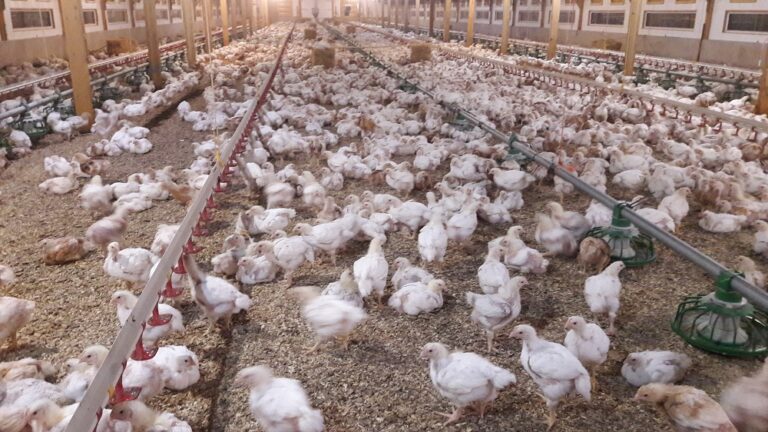A new £19.2 million cross-Government surveillance programme will aim to improve the detection and tracking of foodborne and antimicrobial resistant (AMR) pathogens through the agri-food system.
The project brings together the Food Standards Agency (FSA), Food Standards Scotland (FSS), the Department of Environment, Food and Rural Affairs (Defra), the Department of Health and Social Care (DHSC), Public Health England (PHE) and the Environment Agency to test the application of genomic technologies in the surveillance of foodborne pathogens and antimicrobial resistant (AMR) microbes in all four nations of the UK.
The funding will support a three-year project to develop a pilot national surveillance network, using the latest DNA-sequencing technology and environmental sampling to improve the detection and tracking of foodborne and antimicrobial resistant pathogens through the whole agri-food system from farm to fork. The heart of this ‘virtual’ network will be a new database that will permit the analysis, storage and sharing of pathogen sequence and source data, collected from multiple locations across the UK by both government and public organisations.
Professor Robin May, Chief Scientific Adviser for the FSA said: “Foodborne disease in the UK is estimated to cause around 2.4 million cases of illness a year. The cost of this burden on society is estimated at over £9bn per year. This project is designed to help safeguard UK food, agriculture and consumers by using cutting edge technology to understand how pathogens and AMR spread. Tracking the source of these issues will ultimately help us to develop better control strategies to reduce illness and deaths.”
Professor Gideon Henderson, Chief Scientific Adviser for Defra said: “Antimicrobial resistance poses a major risk to public health and the loss of functional antibiotics has the potential to cause 10 million additional global deaths every year by 2050. To put this in context the current pandemic has so far caused around three million deaths globally.
“UK sales of antibiotics for food-producing animals have halved in the last six years. This vital new project will build on that progress, and ensure antibiotics continue to remain effective for both people and animals.”
New £19.2 million government project aims to improve AMR surveillance

picture credit: Charles Bourns
Next Article Potters Poultry expands its flock
Chloe Ryan
Editor of Poultry Business, Chloe has spent the past decade writing about the food industry from farming, through manufacturing, retail and foodservice. When not working, dog walking and reading biographies are her favourite hobbies.

